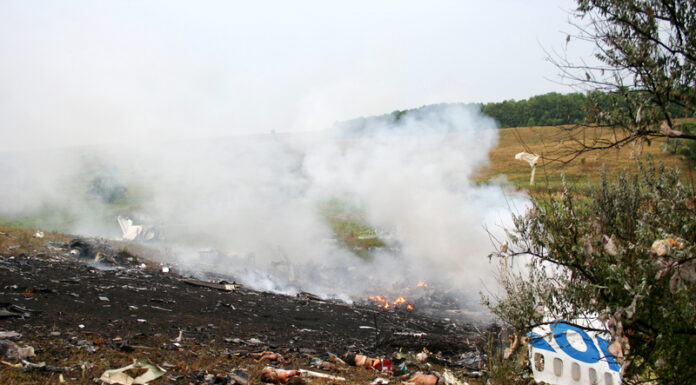On January 29, 2025, a tragic plane crash in Unity State, South Sudan, resulted in the deaths of 20 people, leaving only one survivor. The aircraft, a Beechcraft 1900D, was operated by Eagle Air on behalf of Light Air Services and was transporting employees of the Greater Pioneer Operating Company (GPOC) from the Unity oilfield to Juba, the capital. The crash occurred approximately 547 yards from the oilfield’s airstrip, around 10:00 a.m., roughly five minutes after takeoff.
Beechcraft 1900D is a twin-turboprop aircraft introduced in 1991, evolved from the Beech 1900, which first flew in 1982. The plane carried 21 people, including 19 passengers and two crew members. The passengers comprised 15 South Sudanese, two Chinese, and one Indian national, while the crew members were Ugandan.
All those on board were affiliated with GPOC, a consortium that includes the China National Petroleum Corporation and South Sudan’s Nile Petroleum Corporation. Initially, United Nations Radio Miraya reported 18 fatalities, but the death toll was later confirmed at 20 after two survivors succumbed to their injuries.
Images on social media showed the wreckage overturned in a field, with debris scattered across the area. Some photographs depicted a body near the destroyed fuselage. The aircraft landed safely at the Unity oilfield, carrying a senior GPOC official. The crash occurred on the return flight to Juba, with engineers and technical staff onboard for a routine monthly shift. The aircraft was severely damaged upon impact in a bushy area near the airstrip.
President Salva Kiir expressed deep sorrow following the disaster and ordered an immediate investigation. National Minister of Transport Madut Biar Yel announced that an air crash investigation team would conduct a thorough site inspection, collect evidence, and retrieve the aircraft’s black box and voice recorder. The analysis will occur in the United States manufacturer’s laboratory.
This accident adds to a concerning pattern of aviation disasters in South Sudan, raising questions about the country’s aviation safety standards. In 2015, a cargo plane crashed near Juba International Airport, claiming 41 lives. A 2018 crash near an airstrip in Lakes State’s Yirol killed 20 people, including a bishop. More recently, in 2021, a cargo plane carrying fuel for the UN’s World Food Programme crashed near Juba, resulting in five fatalities. According to the Aviation Safety Network, at least 87 people have died in various aviation accidents in South Sudan.
Light Air Services, based in Juba, has been operating for 13 years and runs a fleet of five aircraft, providing aviation services within South Sudan. GPOC, the consortium involved in the crash, focuses on petroleum exploration and production activities in South Sudan’s Unity oilfields.
South Sudan, which gained independence in 2011, continues to struggle with economic and infrastructural challenges, including limited aviation safety oversight. The latest crash underscores the urgent need for improved regulatory frameworks and stringent aviation safety measures to prevent future tragedies.








